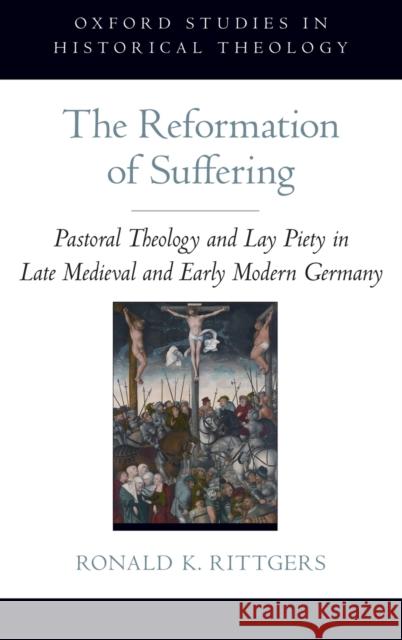The Reformation of Suffering » książka
The Reformation of Suffering
ISBN-13: 9780199795086 / Angielski / Twarda / 2012 / 496 str.
Protestant reformers sought to effect a radical change in the way their contemporaries understood and coped with the suffering of body and soul that were so prominent in the early modern period. The reformers did so because they believed that many traditional approaches to suffering were not sufficiently Christian--that is, they thought these approaches were unbiblical. The Reformation of Suffering examines the Protestant reformation of suffering and shows how it was a central part of the larger Protestant effort to reform church and society. Despite its importance, no other text has directly examined this reformation of suffering. This book investigates the history of Christian reflection on suffering and consolation in the Latin West and places the Protestant reformation campaign within this larger context, paying close attention to important continuities and discontinuities between Catholic and Protestant traditions.
Focusing especially on Wittenberg Christianity, The Reformation of Suffering examines the genesis of Protestant doctrines of suffering among the leading reformers and then traces the transmission of these doctrines from the reformers to the common clergy. It also examines the reception of these ideas by lay people. The text underscores the importance of consolation in early modern Protestantism and seeks to challenge a scholarly trend that has emphasized the themes of discipline and control in Wittenberg Christianity. It shows how Protestant clergymen and burghers could be remarkably creative and resourceful as they sought to convey solace to one another in the midst of suffering and misfortune. The Protestant reformation of suffering had a profound impact on church and society in the early modern period and contributed significantly to the shape of the modern world.










